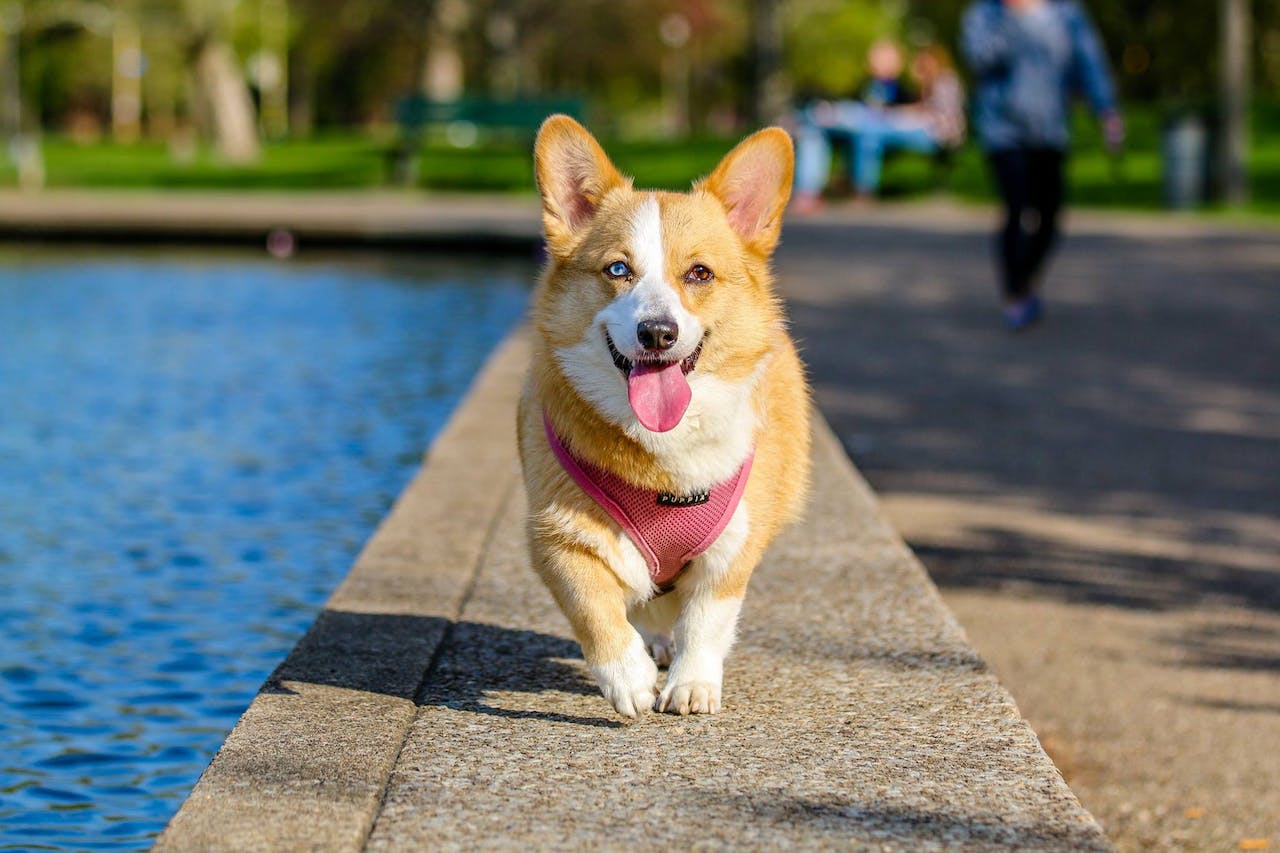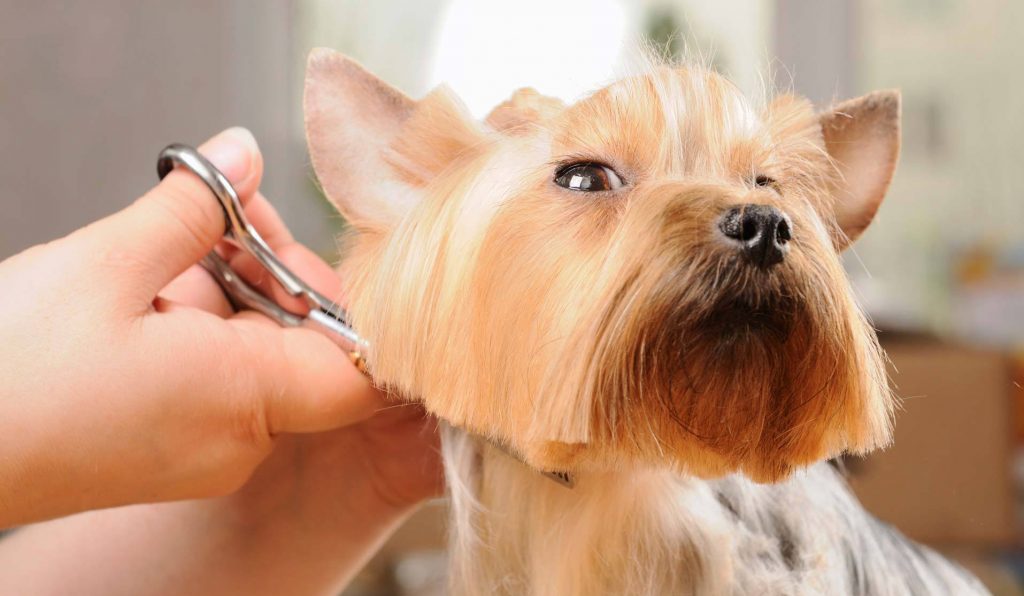In almost all states, walking with pets is currently considered one of the few reasons for violating quarantine. Owners of dogs jokingly offer to “rent” their own pupils to those who want to walk in the fresh air.
But what is the right way to walk with them during an epidemic? Is the virus dangerous for them? Do supportive measures have to be taken? Now we will try to answer the most common questions about keeping animals during the quarantine period.
Can Covid-19 be transmitted to pets?
The recent news of a dog testing positive for coronavirus in China has sparked a new wave of panic and, alas, global abandonment of dogs and cats. On March 13, 2020, the Global Wellness Organization clarified that, in fact, now there is evidence of infection of the inhabitants of our planet with pets or they have no signs of the disease.
At the moment, the WHO is inclined to the version that the virus got into the dog’s body from its sick owners, although with all this, it can neither transmit it further, nor get sick itself.
Shelley Rankin, a microbiologist at the Institute of Pennsylvania, advises simply to include your own pupils in the home plan to prepare for the epidemic and to stick with them the same safety and hygiene measures as with people.
Not to mention the fact that the WHO website recommends that people with suspected coronavirus wear bandages when dealing with pets, since the main (and so far the only confirmed) source of infection is human-to-human contact.
We do not yet know if pets can get Covid-19, but we should take care of them as well as the rest of the family. And, of course, an epidemic is not a reason to abandon four-legged friends!
How to prepare for unforeseen situations?
The basic Houston Human Society recommended measures are pretty simple:
sufficient supply of feed;
everything you need to quickly evacuate animals;
timely vaccination of pets;
collars with address tags and chipping.The most important thing is to stock up on animal feed. This is especially important for those whose pupils have a need for a special diet or are addicted to food of a special class and brand.
Grocery shopping centers are guaranteed to work, although not all countries feed for animals can be considered a product of 1 need. Be sure to study how it is possible to change the feed from the available goods in the absence of damage to the animal when it disappears from sale!
Keep a carrier, a drinker and a small supply of food on hand. Then, when you need to quickly leave the house with your pet, he must have his own “backpack 1 need”. Pack it as if you are going with your pet for a picnic for the whole day. Put the animal’s veterinary passport near with your own documents. Make sure that all vaccinations were made just right. This can be too important when you need to move.
Be sure to get collars or other ammunition for personal pupils where your contacts will be indicated. It would be better if it is a smart address device with a QR code: this way it will be easier for those who find the lost animal to contact its family. If it is possible to implant a chip in pets, it is also worth doing.
Is there a Covid-19 vaccine for animals?
No, there is no vaccine for Covid-19 yet, either for humans or for animals (and the possibility of contracting this virus for animals has not yet been proven).
At the same time, animals are actually vaccinated against some other strains of coronaviruses. These diseases are not transmitted to humans, are easily carried by pets and are mainly associated with stomach upsets. Animal coronavirus vaccine not related to Covid-19
How to walk with pets during quarantine?
If your pets are addicted to walking, do not give up on it. It is much better when a young family member with good immunity begins to do this – after all, the street remains a risk zone, including when there are few people on it.
It is much better to walk gradually and in familiar places. Beware of contact of your pet with other people and animals: it is better to use a toy or training equipment. This will provide the animal with all the full emotional and physical stress and replace a long exercise.
WHO advises to limit tactile contact with animals, especially those who walk in the fresh air. Do not let the pupils bite or lick you, take the trouble not to iron them too often and be sure to wash your hands after that.



